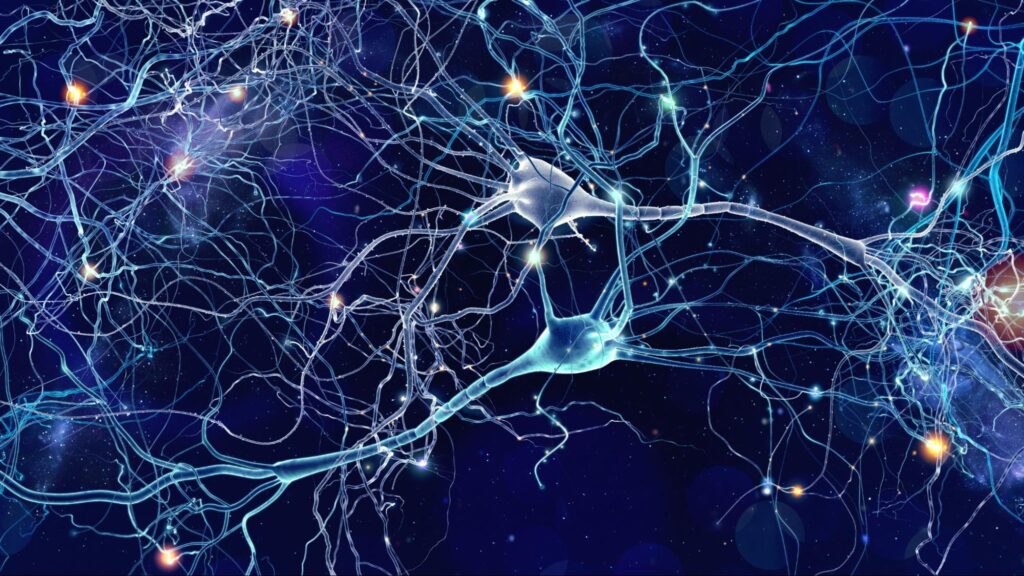
Breadths
- Biological Sciences
- Philosophy and Values
- Historical Studies
How do threat, deprivation, and uncertainty affect brain development? How can an understanding of neuroplasticity inform our national dialogue about individual and social responsibility? How can we build institutions and other structures that help everyone grow to their full potential and thrive?
The core course in this cluster will teach students the basic mechanics of how brains work and how brains develop differently when exposed to stress, hunger, pollution, and other forms of adversity. Students will explore basics of neurobiology from genetics to epigenetics to cells, circuits, hormones, and behavior while learning how experience and context impact brain development and function. Students will discuss how the nuances of neurobiology can inform our understanding of individual and collective responsibility and opportunity in America.
At the same time students will be taking Philosophy 2 and Scandinavian Studies 75. Together these classes will scaffold participants on a journey through the experiences and choices that shape society and people’s behavior and opportunities.
The disparate topics of the course will come together with discussion of what matters for developing brains in real world contexts with recognition of the importance of culture, community, institutions, and the physical environments that surround youth. We will discuss and debate what constitutes health, healthy development, and the meaning of resilience. Students will brainstorm individual and institutional level changes that could support positive trajectories for youth.
Meeting Schedule
Psychology 22: Tu/Th 11a-12.30p
Philosophy 2: MWF 11a-12p, discussion section Mon 5-6p
Scandinavian Studies 75: Tu/Th 2-3.30p
Hub: Psychology 22 “Neurons in Context”
3 Units, Biological Sciences breadth
This course will introduce students to the basics of neurobiology while exploring how experience of adversity, enrichment, and other variables can shape brain development and behavior. We will survey the basic biology of neurons, mechanisms underlying experience dependent plasticity, hormones, and responses to different forms of stress and adversity. Students will spend time discussing how their knowledge of neurobiology can be integrated with their knowledge of history, sociology, and philosophy and how we can design new strategies to support the development of youth.
Instructor: Linda Wilbrecht
Wing 1: Philosophy 2, Individual Morality and Social Justice
4 Units, Philosophy and Values breadth
An introduction to some central issues in moral and political philosophy. The course will focus on issues of objectivity, disagreement, and pluralism in the domain of value. Questions to be addressed include: Are there objective moral standards, or are moral and other values relative? What are some specific moral requirements (relating to killing, sex, and helping people in need)? What is involved in leading a meaningful human life? Can morality contribute to making one’s life good? What makes a society just, and worthy of our allegiance? What are the implications of pluralism for social tolerance? When and why should we tolerate moral and political views that we find abhorrent?
Instructor: Johann Frick
Wing 2: Scandinavian 75, Nordic Cultures and Values
4 Units, Historical Studies breadth
This course explores the most important cultural contributions of Denmark, Finland, Iceland, Norway, and Sweden. It focuses on an interdisciplinary historical examination of the emergence of three central contemporary Nordic value systems: environmentalism, gender equality, and social solidarity/trust. The readings range in approach from social-science-inflected readings in political science, history of science, ethnography, and public policy, to those examining more humanistic forms of expression (literature, theater, film). Taught in English with readings in English.
Instructor: Mark Sandberg